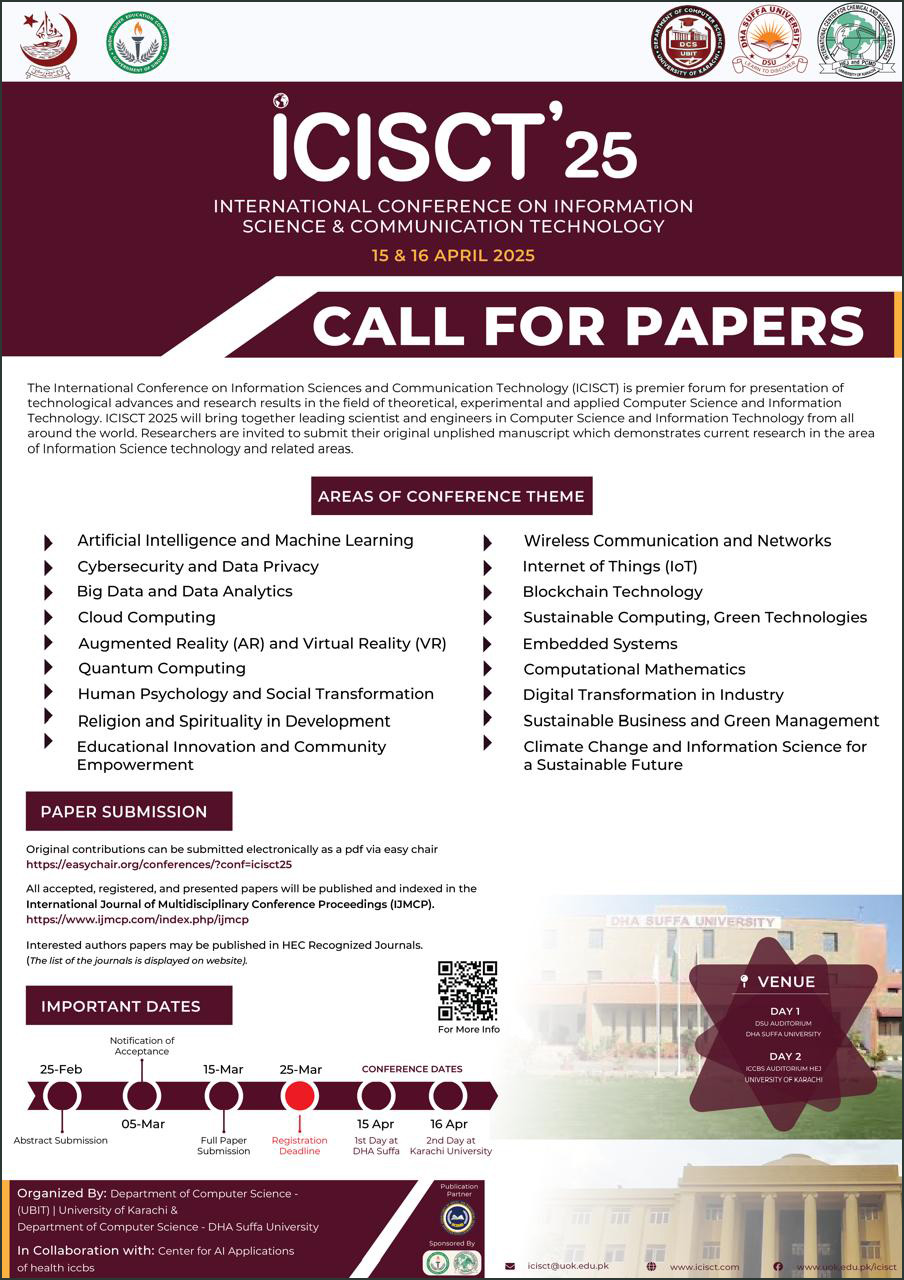Pakistan's Natural Resource Crisis and its Socio-Economic Implications amidst Regulatory Challenges
Keywords:
Natural Resources, Economic Policies, Resource Management, Institutional CapacityAbstract
Pakistan has an abundance of natural resources that might serve as the cornerstone of its economic growth, but bad management decisions have left much of their potential unrealized. The nation is rich in resources and has fertile land, but structural inefficiencies, corruption, and loose rules prevent these resources from being used effectively. This promotes social inequality, political instability, and environmental damage in addition to impeding economic progress. Reforms aimed at institutional capacity, regulatory frameworks, and governance structures must be implemented immediately. Pakistan has to prioritize inclusive economic policies, sustainable resource utilization, and transparent and responsible resource management methods in order to solve these issues. To improve regulatory frameworks and revamp governance structures, extensive changes are required. Enhancing institutional capabilities is essential to ensuring that these changes are implemented successfully. Pakistan may realize its full potential by adopting resource management approaches that are responsible and accessible. This entails reducing social inequalities, encouraging environmental sustainability, and encouraging inclusive development. In addition to promoting economic growth, these measures will increase stability and prosperity for masses. Pakistan must take immediate action to use its natural resources for the benefit of current and future generations.







